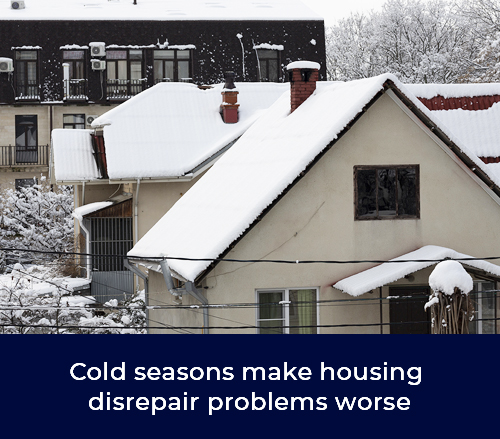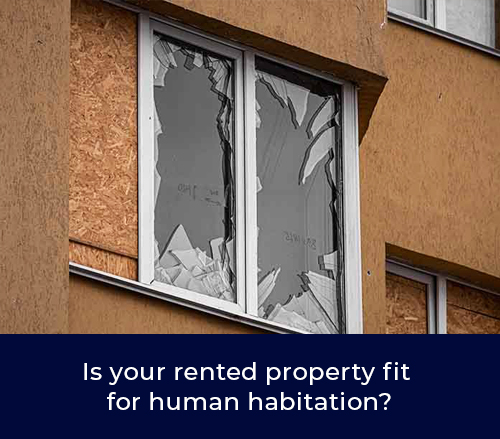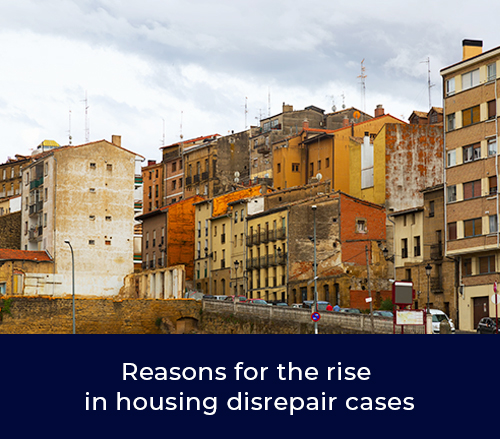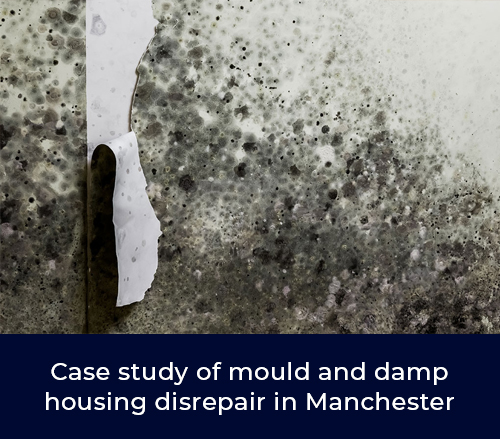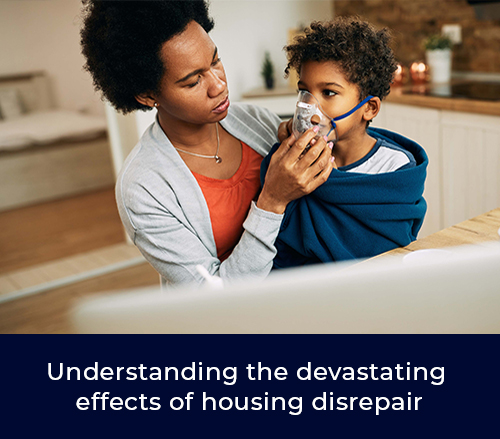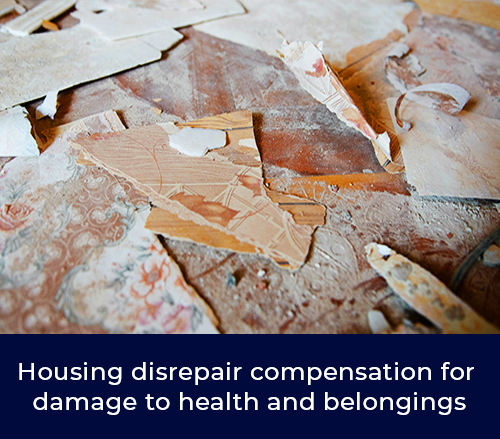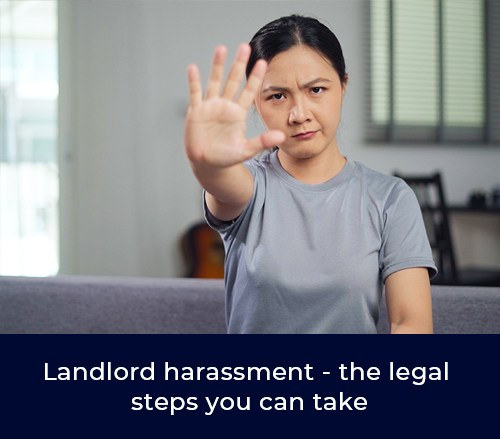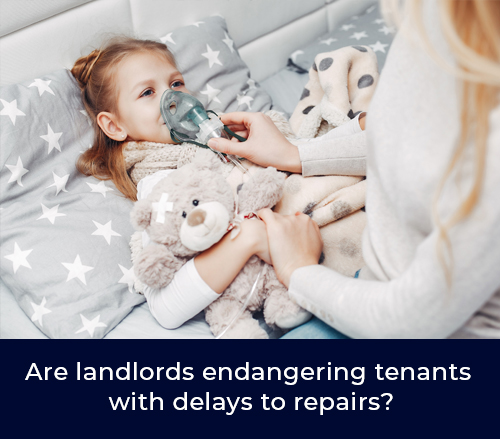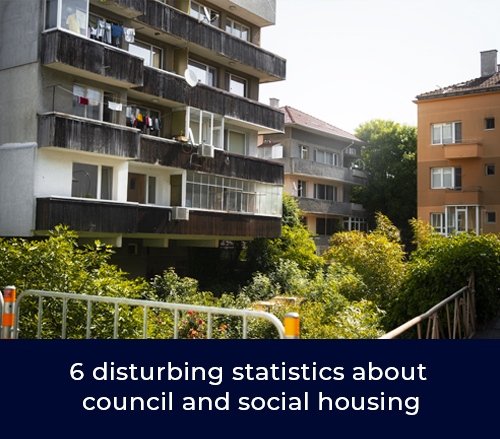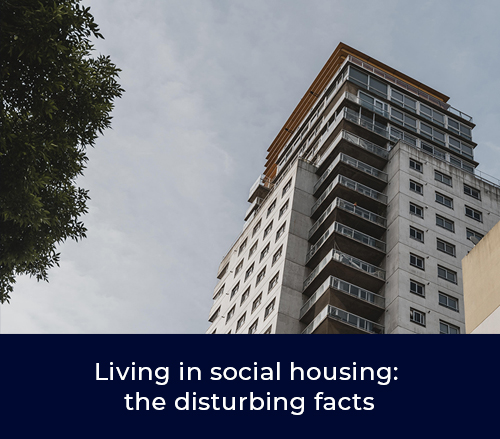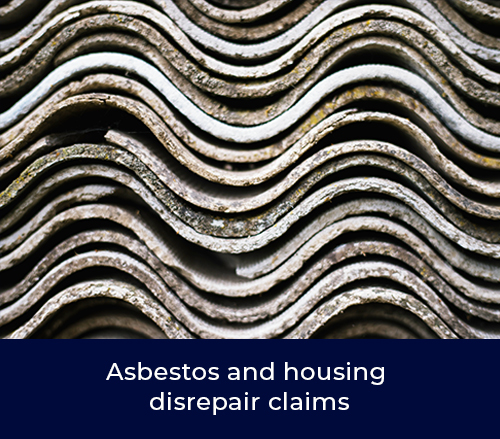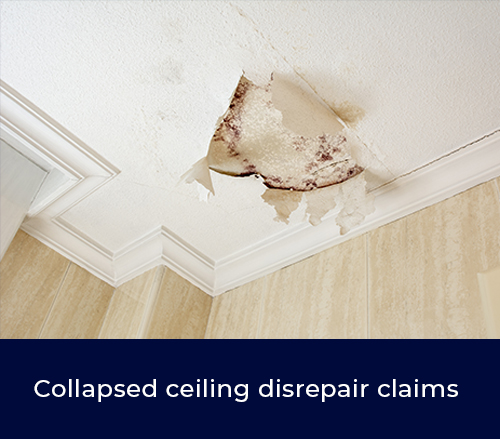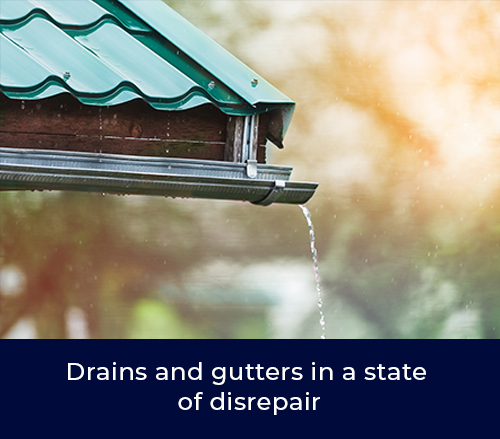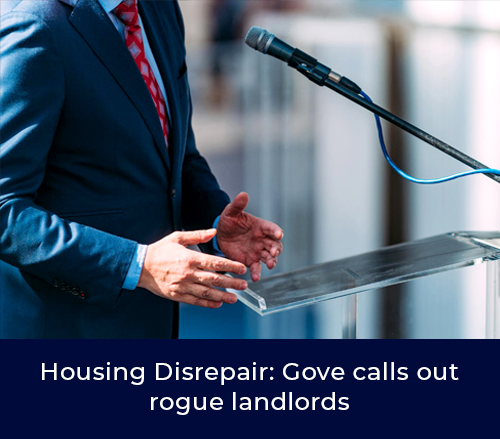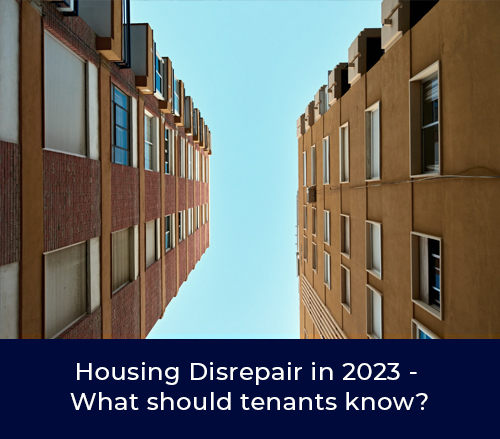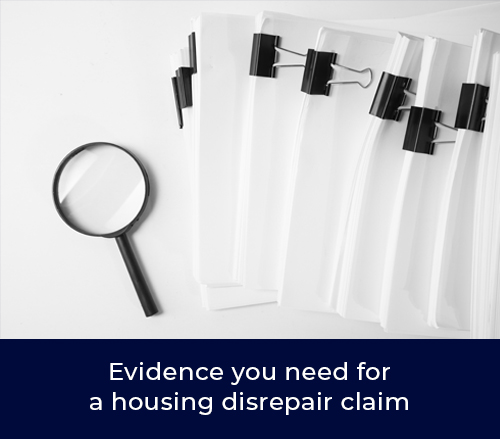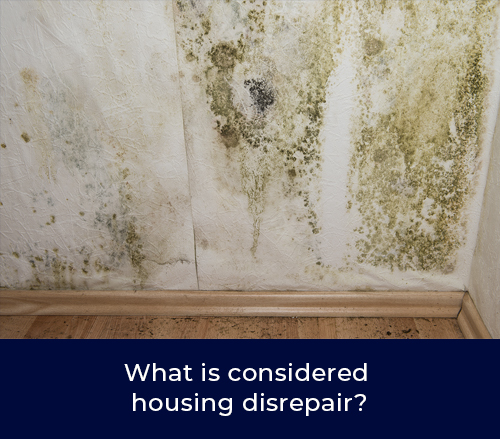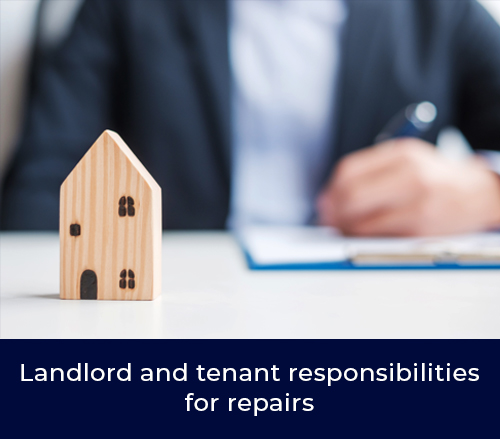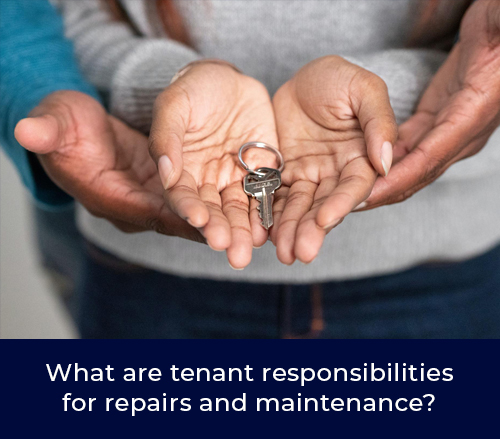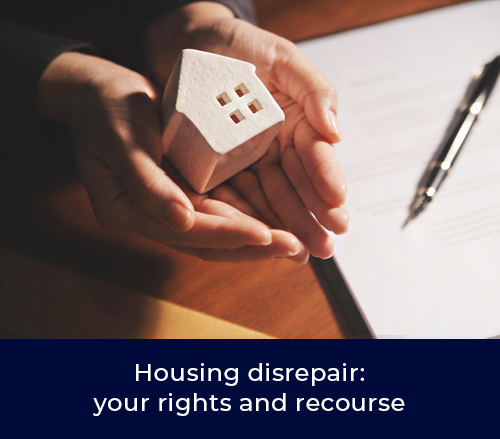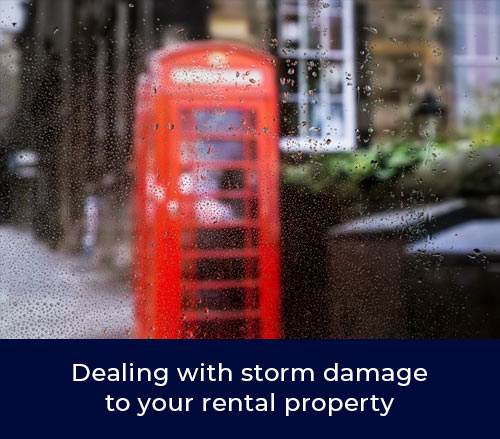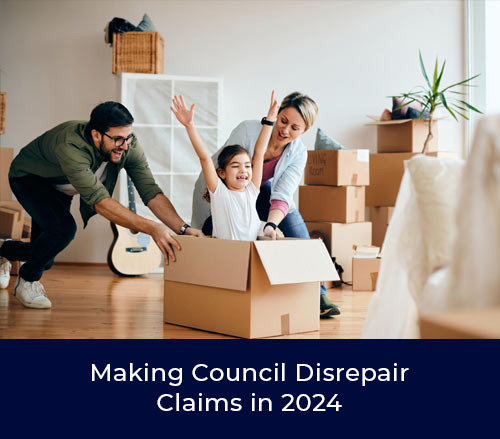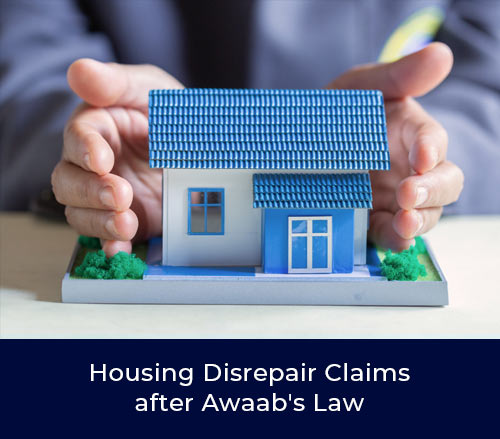Housing Disrepair Claims after Awaab’s Law
The enactment of the Social Housing (Regulation) Act 2023 introduced a notable addition – Section 10A of the Landlord and Tenant Act 1985, commonly known as ‘Awaab’s Law.’ This section implies an implicit term in all social tenancies, necessitating landlords to adhere to ‘prescribed requirements’ when addressing specific defects outlined in regulations. The Department for Levelling Up, Housing, and Communities (DLUHC) has initiated a consultation on the proposed regulations, shedding light on key aspects that require attention.
Comprehensive Definition of Relevant Defects
The proposal advocates for the inclusion of all 29 existing HHSRS hazards as relevant defects under ‘Awaab’s Law.’ This include issues such us mould, damp, faulty electricity, water leaks, broken heating or structural issues. The focal point is on disrepair that pose a significant risk to the health or safety of residents, irrespective of their categorisation. Landlords are encouraged to exercise judgment, leverage existing processes, and consider available information (including HHSRS guidance) to effectively assess risks.
Rigorous Timescales for Investigations
Landlords will have 14 calendar days to investigate reported issues from the moment they become aware of the disrepair.
Following the property inspection within 14 days, the landlord must provide a report to the tenant within the next two days. The report should include:
- Details on how and when the investigation was conducted, including the job title of the investigator.
- Information on any subsequent investigations needed and their scheduled times.
- Identification and description of any hazards found.
- Evaluation of whether identified hazards pose a significant risk to residents.
- If a risk is present, specify temporary repairs required for immediate safety.
- Outline the permanent rectification measures and their likely timescales.
Swift Response to Emergency Hazards
Hazards deemed significant and imminent dangers require emergency repairs within 24 hours of inspection. If immediate rectification is not feasible, landlords must offer temporary accommodation or a decant to ensure residents’ safety.
Landlords are required to make a minimum of three attempts to contact residents or their appointed representatives to arrange access to the property. Collaboration with residents is essential to determine a suitable visitation time, taking into account their needs, such as working patterns. In cases where access is not possible within the agreed timeslot, landlords must leave a notice for the resident, providing contact details and proposing an alternative slot.
Completion of Works
Stringent record-keeping is recommended, including documentation of access attempts, correspondence with residents, and efforts to address delays caused by labour or material shortages.
Record Keeping for Accountability
While repairs should initiate within 7 days of identifying a significant risk, the proposed completion timescales are subject to reasonableness, considering factors such as the nature of the problem and occupants’ needs. The ongoing debate on what constitutes a ‘reasonable period’ persists.
Final Words
The proposals present a positive approach, introducing clear and practical timescales for landlords to respond to defects. The focus on hazards impacting residents’ health resonates with the fitness for human habitation obligation.
Despite the comprehensive nature of the proposals, potential disputes may arise over subjective terms like ‘significant risk’ and ‘reasonable period.’ The consultation provides a forum for stakeholders to contribute to shaping regulations governing council disrepair claims in 2024. Additionally, the proposed regulations could challenge the conventional practice of insisting on exhausting the complaints process before pursuing legal action. The urgency embedded in ‘Awaab’s Law’ may render such delays untenable. The final regulations will play a crucial role in ensuring a safer and healthier living environment for tenants across the UK.
Where to turn for help with housing disrepair issues?
Successfully pursuing a housing disrepair claim often requires persistence and determination. Do not be disheartened by delays or setbacks. Familiarise yourself with your rights as a council tenant under relevant legislation. This knowledge empowers you to advocate for yourself effectively.
SilverOak Solicitors understands the intricacies of these situations and offers expert guidance, from initial documentation to legal representation if needed. Our team of compassionate professionals can help you navigate the process with confidence. Call our friendly team for a free consultation. Remember, you’re not alone. We are always here to help!
Get in touch with one of our disrepair experts
Use the online chat on our website
Call us on 020 8578 7778
E-mail us contact@silveroaksolicitors.com
Visit us at our office. We are open Monday-Friday 9am - 5.30pm
When you first contact us, we will ask for some initial details, including your contact information and the nature of your enquiry. You can be assured that everything you discuss with us will be completely confidential, and any information stored by us will be in accordance with UK data protection regulations.



